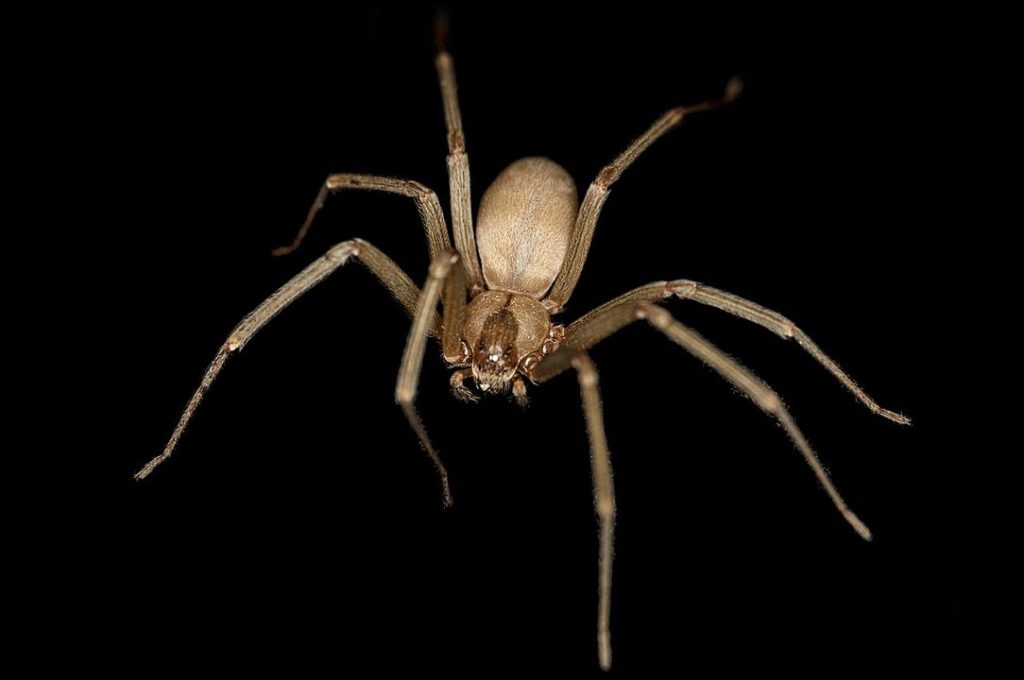My Encounter with a Brown Recluse Spider . . . Maybe
This is a Public Service Announcement!
Three days ago, I was working on my cars in my garage. I reached down to toss some leaves out into the alley and got bit on the wrist by something, presumably a spider. The bite flared painfully up over the next 48 hours. Today has finally crusted over and the surrounding redness is finally receding, though it is still painful. I used ice and anti-biotic ointment.
over and the surrounding redness is finally receding, though it is still painful. I used ice and anti-biotic ointment.
Here is my advice: 1) If leaves are lying around in your garage, use a rake or gloves if you're going to touch them. 2) If you get bit, if it's painful, if redness starts expanding around the bite, and if you look up "brown recluse" on the Internet, you'll have an "oh, shit" moment. They are common in Missouri (where I live) and many other states to the south and east of Missouri. Most people will be OK in a few days, but it can be a big deal for which there is no anti-venom and it can inflict a small minority of people with serious long term medical complications 3) many articles tell you to bring the spider to the doctor so they can ID it. This leads to comical images of going out and looking for a spider you never actually saw. You'll imagine looking at their little spider-faces and trying to decide which one looks guilty (even though it was just minding its own business when you trashed his/her home. Which brings me back to Rule #1: Next time I touch a pile of leaves in my garage, I'm going to use a rake or wear gloves. I've never got bit before but I should have thought about it, because a good friend of mine (you know who you are!) had some serious medical treatment for a brown recluse bite several years ago while cleaning out her garage.
I have an acquaintance who works in pest control. He told me that every house in St. Louis has brown recluse spiders in the house. They go about their business and you might not see them. If you'd like to have fewer of them in the house, you can spray pesticide, but I don't like the idea of spreading those chemicals around given that my two teen-aged daughters live here. Instead, a few years ago, I bought a pack of sticky pads that people sometimes use to catch mice. They catch bugs too. If you leave them out for a few months and then inspect them, you will be AMAZED at how many spiders and other bugs end up glued to your trap.
Or rule number 4: Don't ever clean out your garage.

